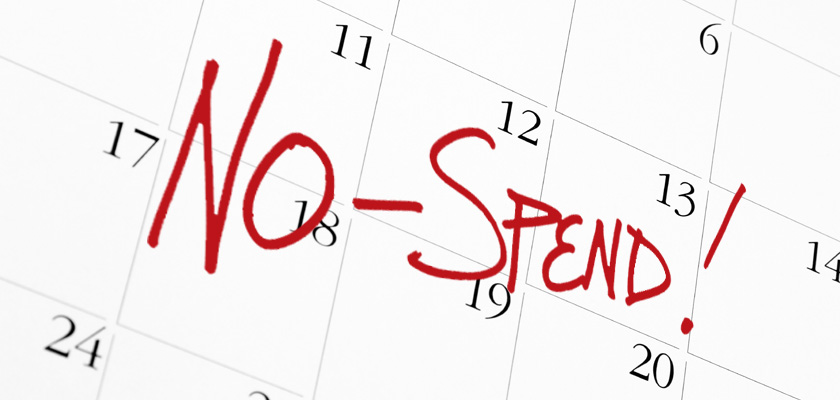How To Manage Your Money Like A Minimalist

Less is More
– The Minimalist
Will you say this about money? Yes and No. It depends on how you see it. Being a minimalist does not mean that you give up on money or worldly desires. You just focus on what is most important while managing your money. You invest your time, energy and money only on the essential few.
Minimalism = Keeping things simple
#1 Track Your Spending
Whether you are a beginner or a pro, the first step to understanding your needs is to track your spending. Sometimes they could be essential bills, luxury, travel or investment. Track every spending for at least a period of 2 months. It will go a long way in helping you plan a budget later among many other benefits.
#2 Income: Active and Passive
Many of us are still following the methods of earning, that were valid 60 years ago. We saw our fathers and forefathers depend on only one source of income. So, we think we can survive on a single income too. In today’s times when the Corona Pandemic has hit the world, isn’t it time to rethink this? Is one source of income really sufficient? What is the guarantee of retaining this job you currently have? Think passive sources of income, even if you lack time in creating multiple active sources of income.
/income-5764dfbe73384c70a7bc9ad4d807572d.jpg)
#3 Learn Personal Financing
In his book, “Rich Dad Poor Dad”, Robert Kiyosaki states that personal financing should be taught right from school. I would add “House chores” to this list of things to learn in school. But that is a topic for another time. All of us, work all our lives to make money. But there is no clear outline as to where this money is supposed to go. Learning personal financing is as important as earning a degree.
#4 Borrow: Build Asset or Consume
“Buy a house, Buy a car, Pay for children’s education.”
Many of us live and die just spending on these. Is this the real purpose of our being?
If you take a loan to buy a home, you are building an asset. Something that appreciates in value and gives you returns. Here we assume that the borrower did it within his or her means. The loan is not such that he or she has no disposable income left at all. The other kind of borrowing is for something that we consume and forget. For example, personal loans for weddings, travel, etc. Think before borrowing. But remember that this is not a tool to be afraid of.
#5 Save: Tackle Debts and EMIs First
Now that we have covered the way money will come in (Income/Borrow), let’s talk about money going out. There are two ways you spend your money. Intentional and unintentional spendings. The difference between a minimalist and a normal spender is intention. Once you are intentional about your spendings, the first thing you will notice is that you need to work on your liabilities.
Tackle your debt payments and EMIs first by saving towards it. As long as you have liabilities, you still lack financial freedom. Even in the absence of loans, saving is a huge step before spending. A popular minimalist exercise is to save until you have Rs 10,00,000 in your contingency account. This exercise brings intention at every expense. Another popular exercise is to stick to a No-Spend month or year.

#6 Invest: Risk and Liquidity Needs
Where to invest? This needs a whole another blog article. But in short, this is a decision that only a person with disposable income can take. Until you have loans pending, you barely have the disposable income to invest anywhere. Once you are in such a position, analyze your risk appetite based on your age, income, and life goals. Your life goals dictate your investments. Once you have the goals written down, explore investing in:
Mutual funds, Gold ETFs, Fixed Deposits, Term Insurance, Medical Insurance (for self and family) and so on.
#7 Create A Budget
Income, Borrow -> Save, Invest -> Spend as per Budget
Minimalist Rules:
List out your needs, Save and Invest rigorously, try a No-Spend Month or Year.
The whole purpose of the above steps was to CREATE A BUDGET. If you are a working adult—minimalist or not—you should already be doing it. If you do not have a budget, you are letting the world decide what to do with your money. You are just reacting to the advertisements and promotions by each mall, department store, credit card agency, and e-commerce site. There is no intention in your spendings. Once you have a budget, you have a guideline to follow.
You have a budget. You have boundaries!
Hope this article was helpful. I know that this leaves a lot of loose ends that need a deeper dive. I will be writing more on this in the coming days.
Please like, comment and subscribe to keep reading on.






Meal Prep To Make Cooking Fun During Corona Quarantine | Laws of Positive Lifestyle
[…] To start with, you save money. […]